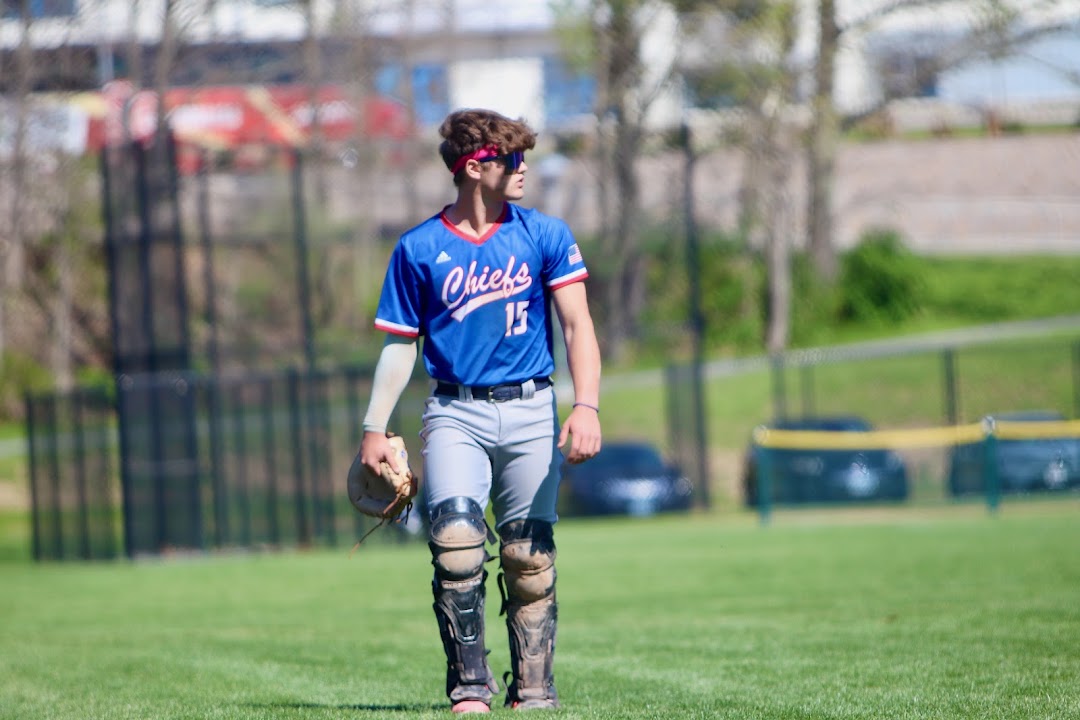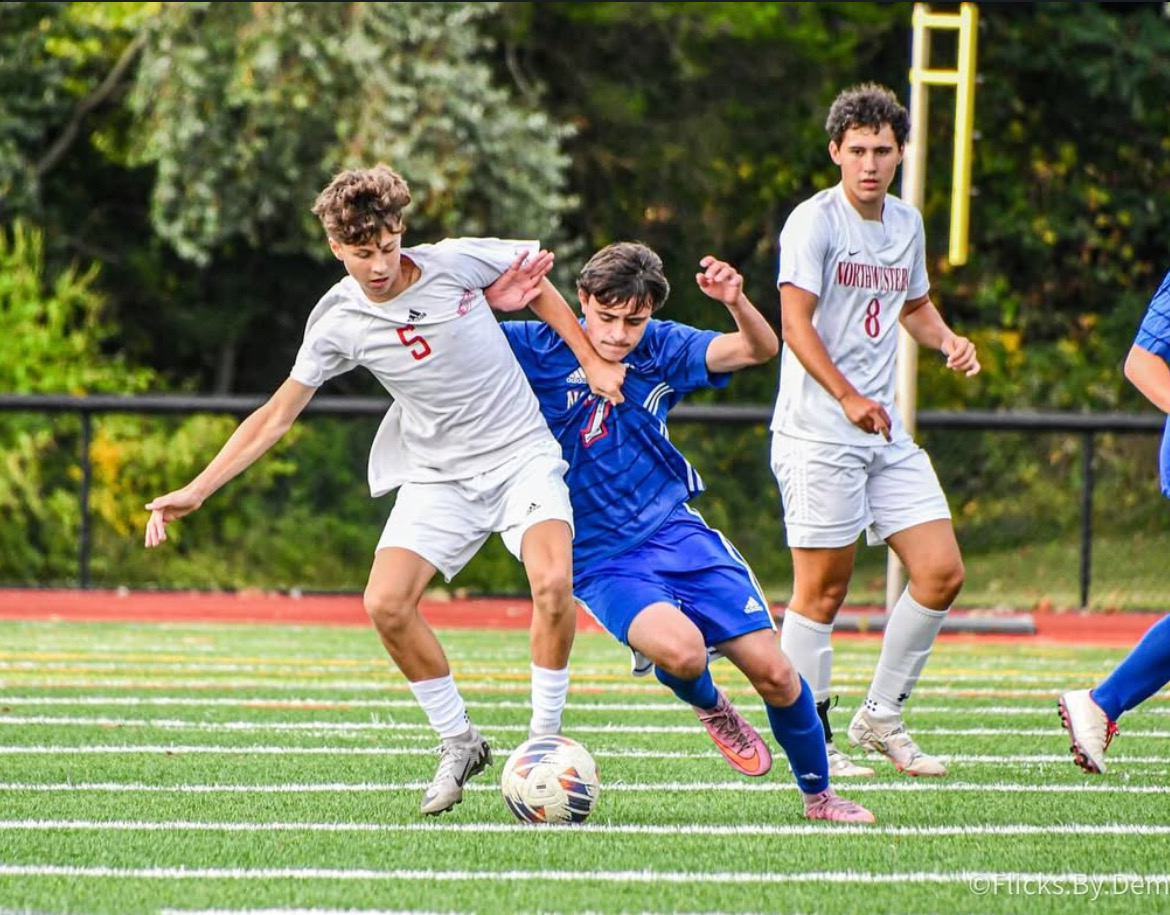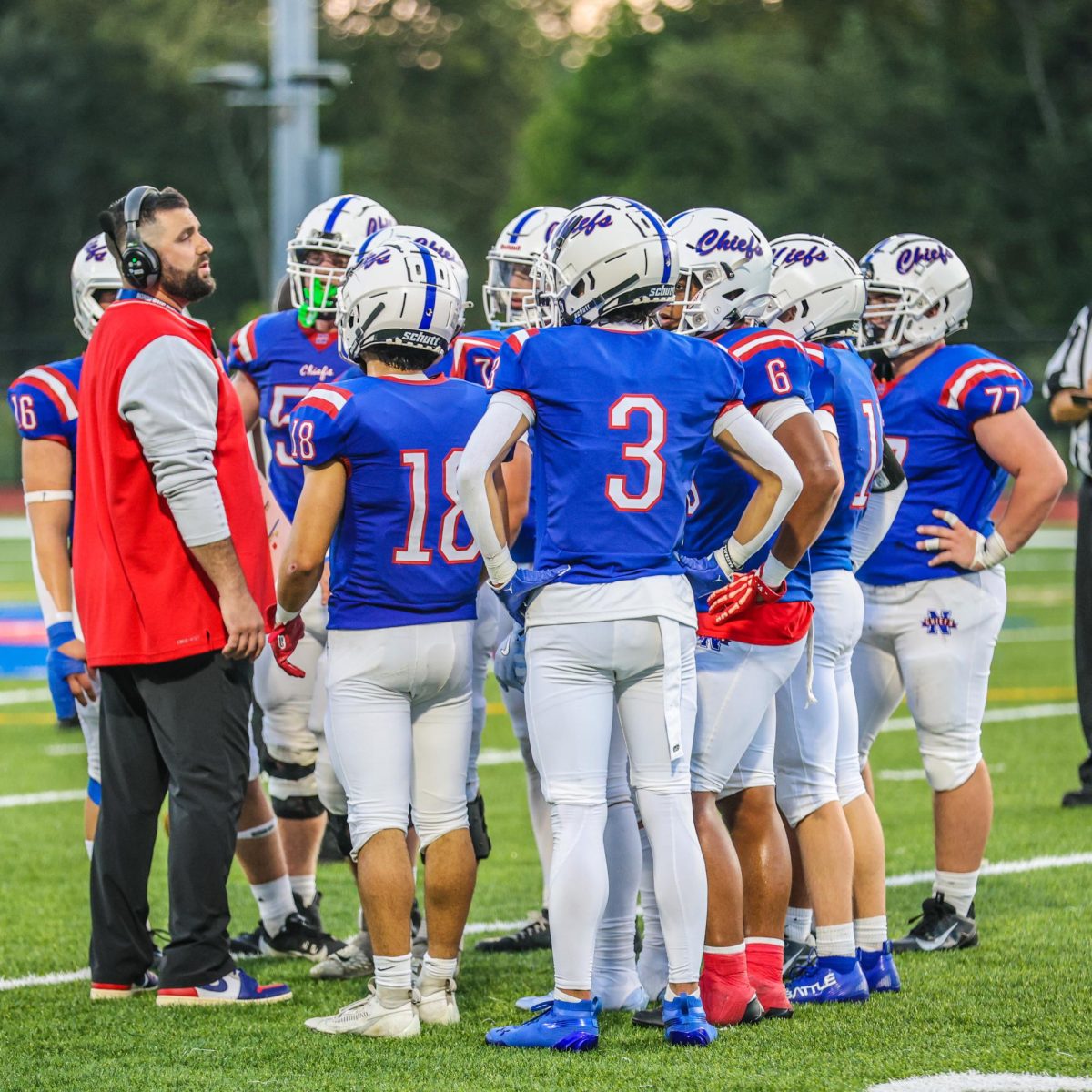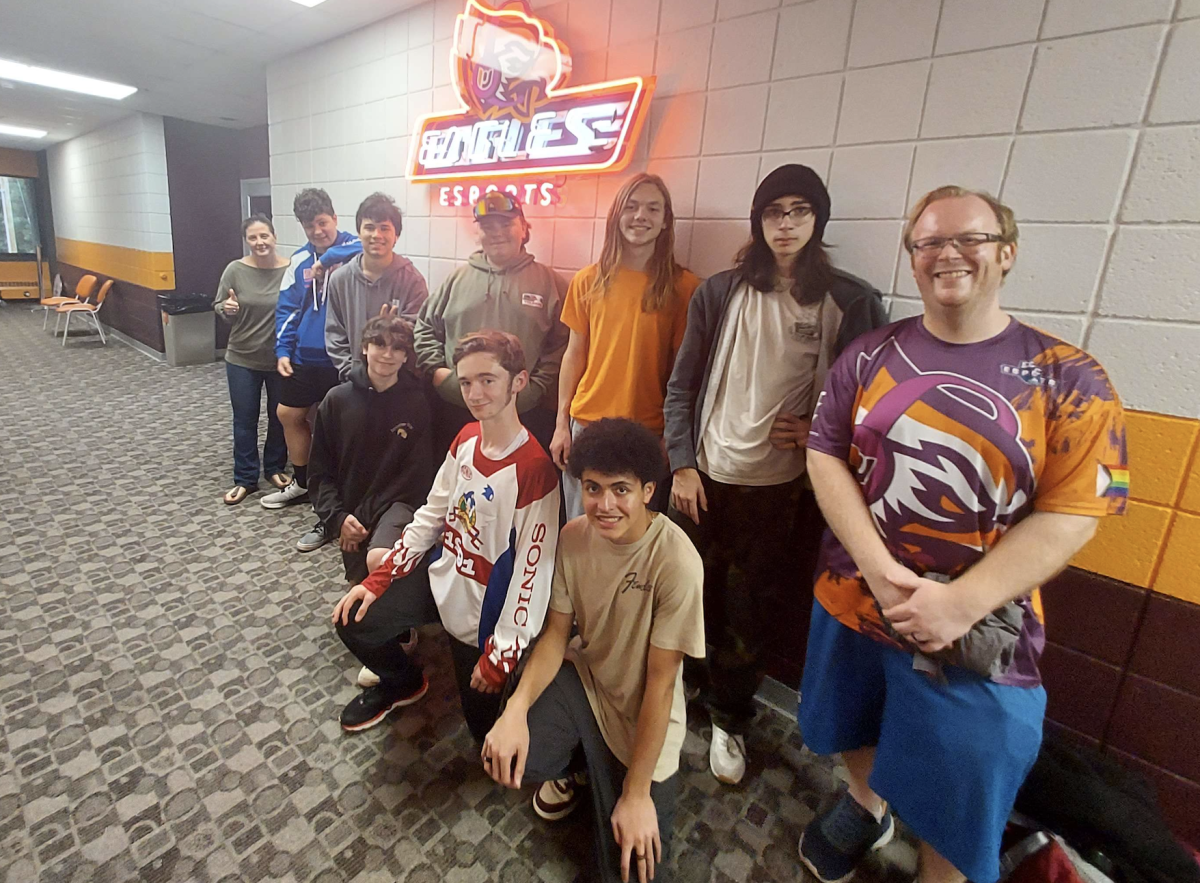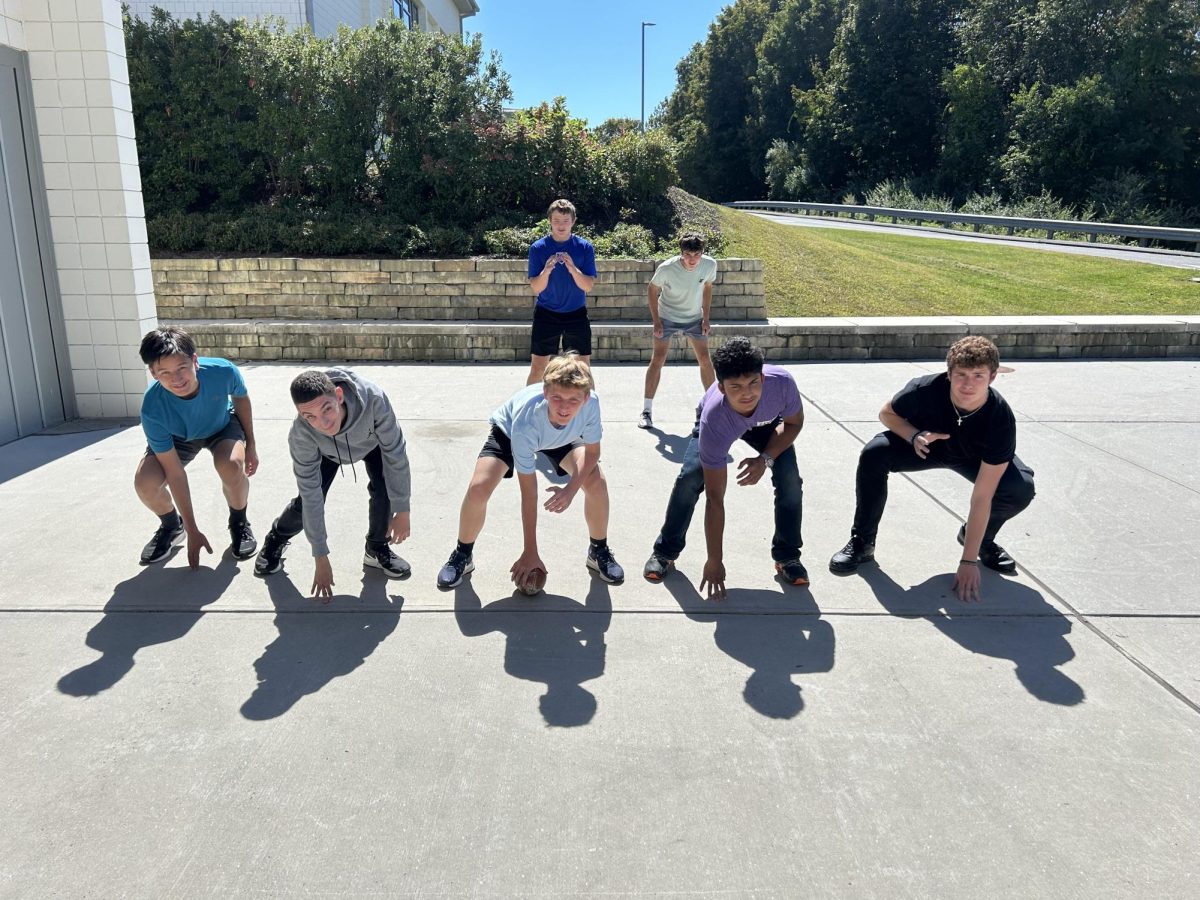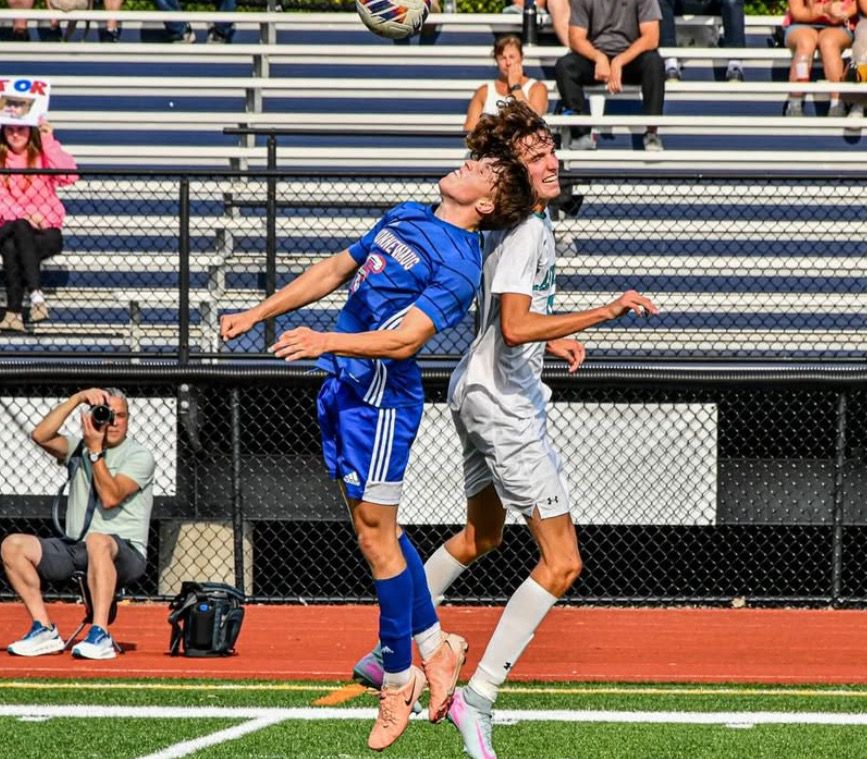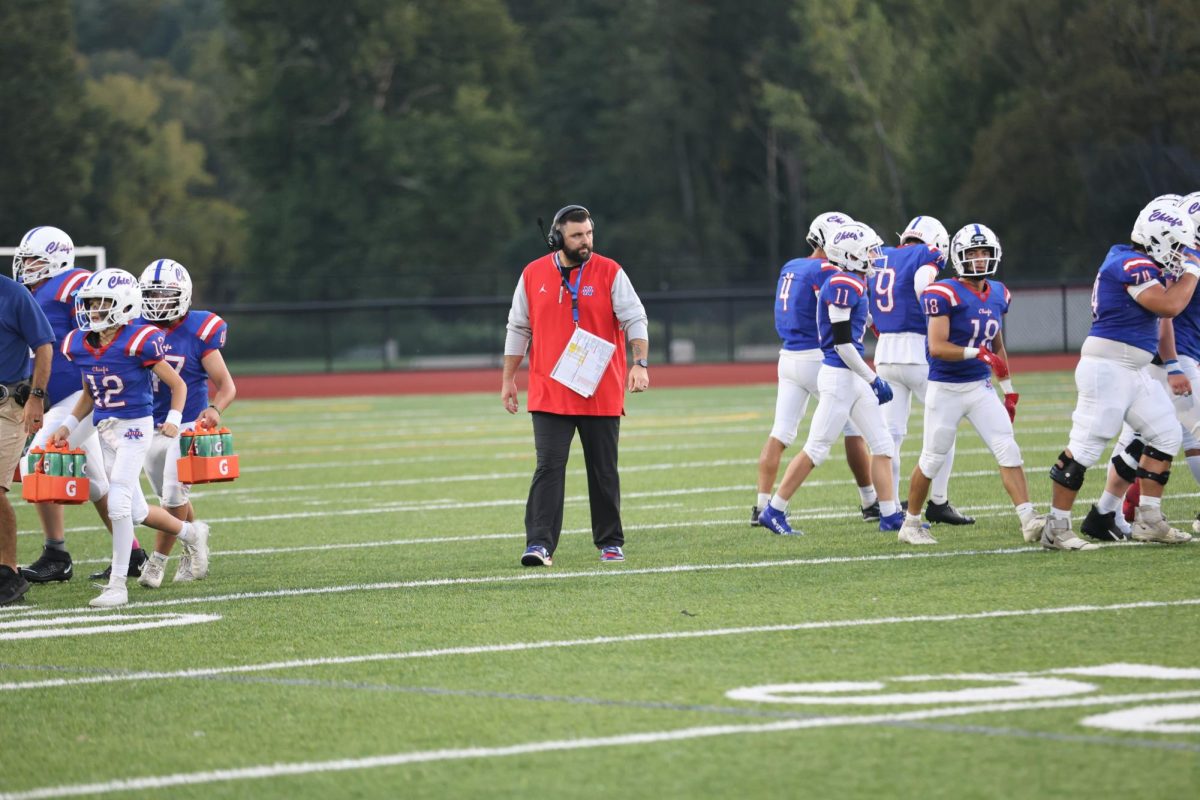WOODBURY – Most kids wouldn’t dream about another year in high school – who really wants an extra year of homework? – but when it comes to athletes, some are willing to stay another year.
But is an extra year of high school sports beneficial?
In the high school sports world, an athlete can reclass to gain another year of eligibility. The student will transfer to a prep school and redo the school year they just finished.
Or, if reclassing isn’t the best option, an athlete can opt to take a post-graduate year at a prep school before going to college.
This post-grad year, according to Nonnewaug athletic director Declan Curtin, can either be a blessing or a curse depending on the athlete.
“Each individual is different in how they need to go about their own plan,” Curtin said. “For some kids, a fifth-year post-grad year is an incredible opportunity that should be used wisely. For others, the extra year is being misused and many of them should just be going to college and playing club sports and getting their academics back on track.”
Nonnewaug senior Ben Roden, who hopes to play college football, agrees with Curtin that an extra year could help him find the right college fit.
“In public schools in Connecticut, it’s a lot harder to get recruited because of competition levels,” Roden says. “Going to a prep school, the coaches there have a lot more connections to colleges, so it will help with recruitment. It will also give me another year to get better.”
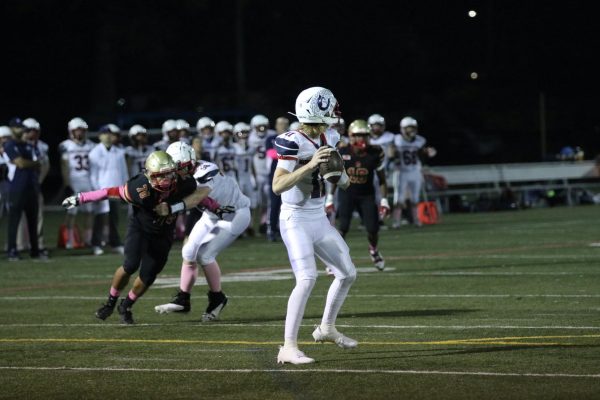
During COVID-19, athletes lost a year of play, causing the National Collegiate Athletic Association (NCAA) to give college athletes an extra year of eligibility. This caused a logjam in recruiting and a wider disparity in ages of college athletes.
“Now you have 24-year-olds playing in college sports against a 17- or 18-year-old,” says Curtin. “That age gap is a significant advantage that didn’t exist before. Because of that, a lot of kids have sought an extra year of high school eligibility either through a post-grad year or reclassing to prepare themselves for the next level.”
Nonnewaug wellness teacher and wrestling coach Dave Green feels that an extra year could provide an extra year of needed growth for those competing against older players.
“Reclassing is an individual thing for people,” says Green, “but there are some benefits. I think one is just age; it gives a player a year of growth. The male athlete doesn’t fully develop ’til 27. If you just get a little bit closer to that age by taking an extra year in high school and maybe end up getting redshirted freshman year of college, all of a sudden you are 23, 24, 25 when you graduate. You are so much closer to a fully matured athlete and your top performance.”
Curtin has seen the physical benefits of reclassing up close. His son, whose late birthday makes him younger than most of his classmates, found reclassing successful.
“My son just did it and he’s being recruited pretty significantly for football throughout the country,” says Curtin. “He reclassed because he has a very late birthday; he was going to graduate at 17, so the reality is now he’s going to graduate at 18. That one year made a big difference for him between schools looking at him or not. In his situation, reclassing is beneficial for an individual to reclassify.”
Chiefs boys soccer coach Toby Denman notes that reclassing isn’t allowed by the Connecticut Interscholastic Athletic Conference, the organization to which all public high schools and some private schools in Connecticut belong. That forces athletes seeking to reclass to go the prep school route.
“In prep schools, it’s a different story,” Denman said. “I don’t care if someone was to reclass if they’ve gotten the feedback that it is a good situation for them, but it’s not something that is allowed at the regular high school level.”
The extra year given sometimes isn’t always as good as some prep and college coaches make it seem.
“There are a lot of post-grad programs right now who are promising the world to some of these kids,” says Curtin. “The reality is when they get done with that year, many of them are often in the same situation they were in before. The extra year has kind of become false promises that college coaches give them. The coaches know that the kids are vulnerable.”
At Nonnewaug, several athletes have left to continue their athletics somewhere else.
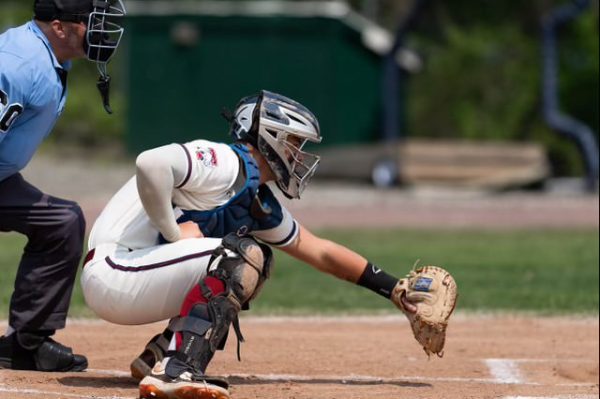
Braeden Purser-Eber, who left Nonnewaug after his junior baseball season in 2022 to reclass at Taft, feels that the extra year helped him mature.
“Reclassing gave me an extra year to mature and get stronger,” says Purser-Eber, who will play baseball at Division I Middle Tennessee next year, “but it also let me play better competition. The league that I play for at Taft is a lot better than the BL.”
Instead of taking the route Purser-Eber took, Roden finished his high school eligibility and is considering a post-grad year in Connecticut.
“Right now I’m looking at Choate [Rosemary Hall] or Putnam [Science Academy],” says Roden. “I think it will just give me another year for recruitment ’cause I started kind of later than others. I didn’t really like football until after sophomore year.”
Like Roden, sophomore Nick Leddy realized that getting recruited in public schools can be challenging.
“As a junior or senior at a normal public school like Nonnewaug, it’s a lot harder to get recruited,” says Leddy. “If I didn’t get recruited by my junior or senior year, then doing a post-grad year would give me more time to get better and get noticed by a college.”
Unlike other students who have left Nonnewaug to reclass or take a post-grad year, junior football and baseball player R.J. Barksdale feels that an extra year wouldn’t beneficial for him.
“I wouldn’t do a post-grad year or reclass because I don’t want to redo school,” says Barksdale. “It’s just not something that would help me in my sports.”
In the end, reclassing or taking a post-grad year ultimately depends on the person.
“I have mixed feelings when they leave Nonnewaug to reclass,” Curtin says. “[For] some of them, I know that it is the right thing to do. It’s the best opportunity for them. There’s others that I look at and I’m like, you’re chasing a dream and people that are leading you aren’t necessarily giving you the right information. At the end of the day, I want the best for any kid, and if that means you need to leave here to make that happen, I’m fine with that if you’re improving yourself. But I have seen some individuals leave and have regretted it and they tell us that they regret it. In some of those cases, I’m saying, ‘I told you so.’ That’s the beauty of sport: You’re not always right or wrong, and not every situation is 100% known until you go through it.”




